Your donation sets the stage for a new season of Boston's most intimate, entertaining and provocative plays and musicals. Our shows make powerful connections with our audiences-- and they are only possible because of you.
Playwright Terrence McNally
Playwright Terrence McNally
Even at age 76, Terrence McNally keeps busy. He’s had two shows on Broadway in the past season alone: a star-studded remount of It’s Only a Play and the musical The Visit, for which he received a Tony nomination for Best Book. At the same time, he is preparing for the July publication of his memoir entitled My Life in Plays, an anthology of eight significant plays from his career, interspersed with his own autobiographical thoughts. It’s a time when McNally is looking both both backwards and forwards, which made for the perfect opportunity to discuss Mothers & Sons, his follow-up to his 1988 play Andre’s Mother. That play, detailed in a separate dramaturgical essay here, introduced audiences to the characters of Cal and Katharine, and the memory of Andre, the man they’d both lost. SpeakEasy Artistic Associate Walt McGough recently spoke by phone with McNally about the way the characters in the play have evolved, ideas of legacy, and what it takes to craft a ninety-minute long multi-generational conversation.
Cal and Katharine are characters you’ve lived with for over two decades now. Did they stay in your mind the whole time?
I think they were pretty much there in my unconscious for all these years – especially Katharine. I’ve wanted to write her forever, and would be reminded every time I would see a performance of Andre’s Mother. I saw a lot of great actresses play Katharine. I remember one night Zoe Caldwell played her, with Tim Robbins as Cal, and I thought, “God, look at all that’s going on in her face. There’s so much there. Why am I not letting this woman say a word?” Finally, I guess time gave me the inspiration, and I gave myself permission to write her.
What allowed you to give yourself that permission?
It really all started when a theatre company in Bucks County, PA wanted to produce a stage adaptation of my screenplay for the television version of Andre’s Mother, and I thought, “What is the point of doing something that’s dated?” The play was in that strange place where it was too recent to be a historical drama, but was also no longer current. So I thought, “What would happen if Katharine showed up today?” and the play just poured out of me. I remember I had the flu when I was writing it, and I wrote it kind of feverishly, but it just struck me, “Gee, I want to write this play.”
There are four generations represented on stage in MOTHERS & SONS: not just Katharine and Cal, but also Will and Bud, who offer two unique and younger perspectives. Was that structure in place when you began writing the play?
It just fell out that way. I was writing, and all of a sudden I realized, “Oh my gosh, I’ve got four generations of people here. That’s very important.” It became vital to me. Katharine is representative of the generation that I grew up with. I’m closer to her age than Cal’s, and I’m certainly not Will’s age anymore. And then there’s Bud, who I hope will be the future, a generation less burdened with these prejudices and misrepresentations of how a person should be, and who can just say, “Hi. You want a cookie? Here I am.” Bud is the future to me, and Will is a big step towards that future. I’m not a schematic writer, so I don’t plot all it out; but I saw it as it was happening and recognized it.
The age difference between Cal and Will also allows you to show their own different views on love and family.
I love the disagreements between Will and Cal, and they are absolutely a result of their own generations. I’m of a generation that couldn’t even conceive of the notion of marriage equality, let alone legal parenting; but now, if you go to Fire Island or Provincetown in the summer, half the couples there have children running around. Most of my younger friends have children. But not that long ago, men got married even though they knew they were gay, they had their children, and then came out. There was no other way for a gay man to have a child at that time. I hope that’s a process that doesn’t ever have to be repeated, but that was very common. I wanted to reflect all of these enormous changes in our society through this play, and it all just sort of bubbled out.
The script is so much about the ebb and flow of regular conversation, and the way information is revealed. How do you craft those sorts of real-time exchanges?
I just try to track what my characters are doing at each moment. I’m of the school that says that the first job of a playwright is to know what his characters are doing. And then, if you know what they are doing, what they’re saying will come easily. I started off with a woman wearing a mink coat in an overheated apartment, and she will not take that coat off, or put her bag down. And while I was writing the play I was always aware of when she put it down, and when she took the coat off, and when she put it back on…that’s her armor to me. And just by charting her behavior that way, it helped me to diagram the play a bit, and keep it active.
Katharine is pretty passive in Andre’s Mother, but actively seeks Cal out in MOTHERS & SONS. What made her active this time around?
After her husband dies, I think Katharine realizes that Cal is the last link she has to Andre, who was the love of her life. There are a long line of mothers who live vicariously through her children, and Katharine is one of those. Every disappointment she had, Andre was going to fix for her; and yet he disappointed her on so many levels. Theirs was probably an unhealthy mother/son relationship – I’m not a psychiatrist — but she expected too much of him. She was also unable to let go of him, and so Cal becomes that last link with her son.
Might she also be driven by a concern about legacy?
Yes, it’s that feeling that, oh, I stop here. Our line is extinct, and there are no more where we came from. It’s devastating. My parents were both only children, and I come from a very small family, so I know that feeling. My brother had one child, and his son had one child, and this girl, who’s about eight years old now, is the last McNally. I’m very aware that our line stops there. I think that Katharine has similar concerns. I get that completely. I think the play is very universal in that way.
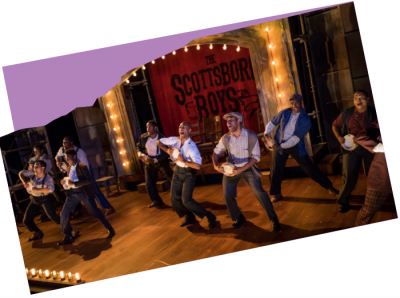 Past Productions
Past Productions Primary Trust
Primary Trust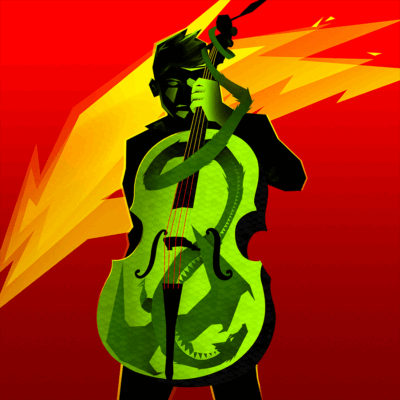 Lizard Boy: A NEW MUSICAL
Lizard Boy: A NEW MUSICAL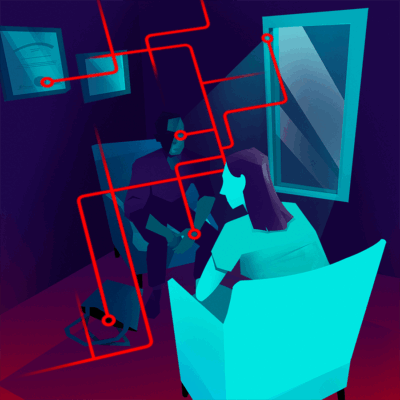 JOB
JOB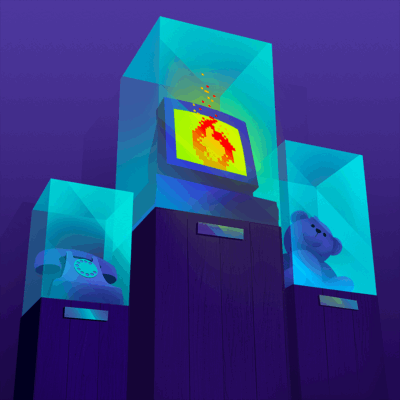 The Antiquities
The Antiquities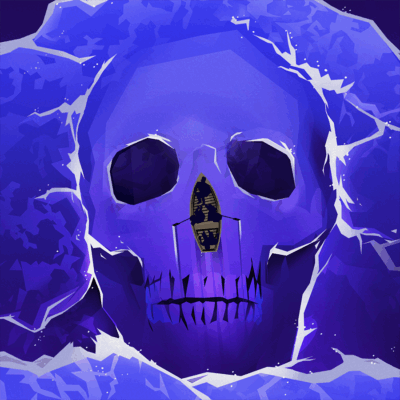 Swept Away
Swept Away




